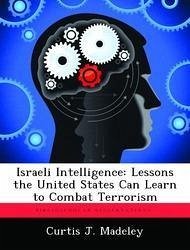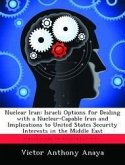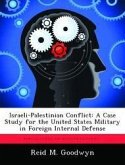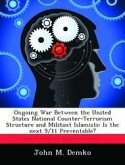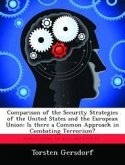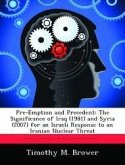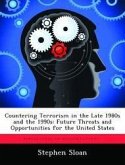This thesis uses the Israeli intelligence community's 60-year struggle to combat terrorism to identify lessons the United States can learn from as it develops and matures its own counterterrorism policy and strategy. It highlights several counterterrorism examples in Israel's recent history and examines the role intelligence played in their success or failure. Additionally, this paper looks at intelligence reforms various investigative bodies in Israel have recommended since the late 1990s to combat terrorism. From these examples and others, Israeli intelligence has brought to light many lessons learned for combating terrorism. This study identifies four. First, because of the flexibility terrorist groups enjoy, the intelligence enterprise must be designed with inherent flexibility and adaptability in order to combat this threat. Second, while human intelligence (HUMINT) is seen as increasingly important in countering terrorism, a balance must be struck between reliance on traditional intelligence disciplines and collection methods, such as HUMINT, and high-technology means. Both are essential and more effective when used in concert with each other. Third, decision makers can benefit from policy advice from the Intelligence Community. It is extremely important, however, that each understand its role with clear delineations of responsibility established, understood, and followed. Last, with respect to counterterrorism intelligence, the Intelligence Community must not silence alternative views. Dissenting opinions are essential when fighting an elusive threat that is as difficult to understand as terrorism.
Hinweis: Dieser Artikel kann nur an eine deutsche Lieferadresse ausgeliefert werden.
Hinweis: Dieser Artikel kann nur an eine deutsche Lieferadresse ausgeliefert werden.

